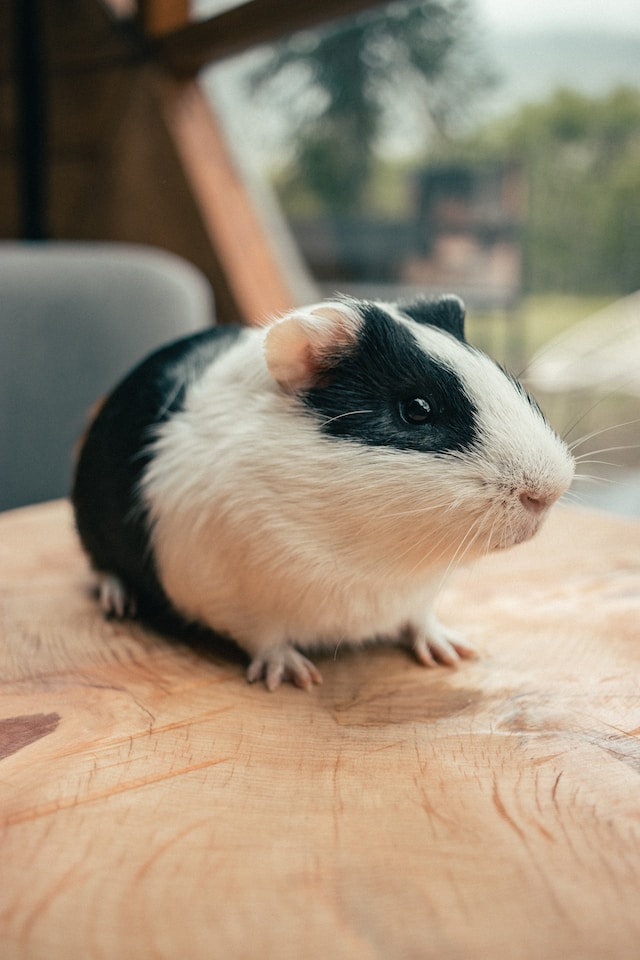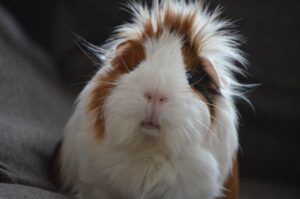
The Top 5 Health Concerns for Guinea Pigs and How to Prevent Them
Contents
Introduction
Guinea pigs are adorable and adorably useful, but they do require a bit of care and attention to stay healthy. Here’s a rundown of some common health concerns for guinea pigs as well as some tips on keeping your piggy healthy!
Obesity
Overweight guinea pigs are more susceptible to health problems such as diabetes, heart disease and arthritis. Obesity can also lead to other ailments including respiratory problems and skin infections.
If you’re concerned about your guinea pig’s weight gain, there are several things you can do:
- Monitor the amount of food they eat each day by weighing them regularly (once every two weeks). If they’re eating too much or too quickly, try feeding smaller portions more frequently throughout the day instead of one large meal at night.
- Offer fresh vegetables in addition to pellets or hay so that they get more fiber in their diets while still getting enough protein from their pellets/hay mix (the recommended amount is 1-2 teaspoons per pound).
- Make sure there is plenty of exercise space available for your pet – keep their cage topped up with hay so that it stays clean and dry for them to play on!
Dental Disease
Dental disease is a common problem for guinea pigs. They need to chew, and if they don’t get enough opportunities to do so, their mouths can become uncomfortable and painful. Dental problems can also lead to other health issues like malnutrition or infections in the mouth.
To prevent dental disease:
- Offer hay regularly as an alternative food source for your guinea pig. Hay provides important nutrients like calcium that help keep its teeth strong and healthy!
- Add chew toys made from wood or cardboard into their cage as well; these will help them keep their teeth healthy by giving them something else fun to do with their day instead of just eating all day long (which isn’t good either).
Respiratory Disease
Respiratory disease is one of the most common health concerns for guinea pigs. It can cause symptoms such as wheezing, coughing and nasal discharge.
In order to prevent respiratory disease, you should keep your guinea pig’s cage clean and dry. They should also have plenty of space to exercise so they can build up their muscles. If you notice any of these symptoms in your pet:
- A runny nose or snuffling sound when breathing
- Increased breathing rate or difficulty breathing
If they do develop a respiratory infection then there are some simple treatments that can help them get better quicker:
Parasites
Guinea pigs are susceptible to a number of parasites, including intestinal worms and mites. These can be transmitted from one guinea pig to another and from a guinea pig to humans. If you have been handling an infected animal or come into contact with its droppings, it’s possible for you (or your children) to contract these parasites.
In addition, guinea pigs make great pets but they’re not immune from the same health issues that afflict humans–so make sure yours gets regular checkups with a veterinarian!
Kidney Stones
Kidney stones are a serious problem for guinea pigs and can be fatal if left untreated. It’s important to know how to tell if your guinea pig has kidney stones, as well as what you can do to prevent them from forming in the first place.
Generally, the presence of kidney stones will cause your guinea pig pain, so keep an eye out for any signs that your pet is in distress. These include:
- Abdominal swelling (they may look like they’re about to give birth!)
- Difficulty breathing or wheezing
- Refusal to eat or drink
You can help your guinea pig’s overall health by preventing these common health concerns.
- Prevention is the best cure. The best way to keep your guinea pig healthy is by providing them with a clean environment, proper nutrition, and regular veterinary care.
- If you notice any of these symptoms in your guinea pig, contact your veterinarian immediately:
- Change in behavior (e.g., not eating or drinking)
- Inability to move normally (e.g., limping)
- Coughing or wheezing sounds when breathing
Conclusion
We hope you now have a better understanding of the top five health concerns for guinea pigs and how to prevent them. If you are concerned about your guinea pig’s health, please contact your veterinarian as soon as possible!



Average Rating